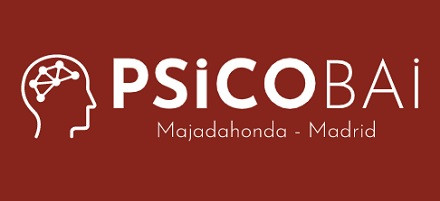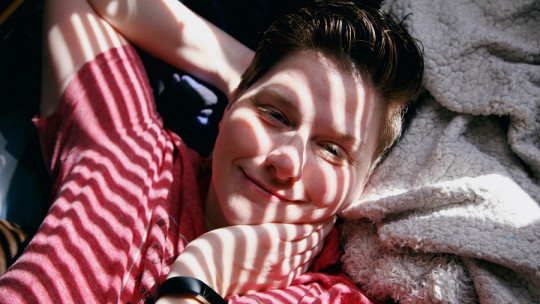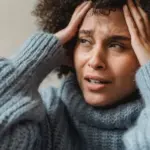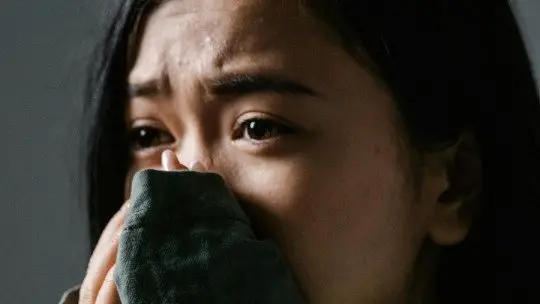We are facing a global health crisis, as well as a crisis of fear and anxiety It is very important to be able to understand how these two symptoms work in a situation as special as the one we are experiencing.
Of course, it is difficult to measure, describe or predict an emotion, since each person experiences it differently in certain circumstances, depending on their previous experiences, their learning, and the specific situation.
Emotions fulfill an adaptive function to guarantee our survival. All emotions are valid and there are no positive or negative emotions; For this reason, it is important to express all types of emotions, since retaining them can cause major problems. Here we will see some keys to managing anxiety and fear linked to the coronavirus pandemic
First I want to define fear: it is an emotion linked to an unpleasant sensation that arises from the perception of a risk or danger , real or imagined. Furthermore, fear is related to anxiety.
Anxiety is an anticipatory reaction of the body that appears involuntarily and keeps the nervous system in a state of high activation in the face of internal stimuli (thoughts, memories…) or external stimuli (sounds, sensations on the skin…) perceived as threatening. Furthermore, it goes hand in hand with somatic symptoms of tension.
Managing fear and anxiety in the face of coronavirus
Of all the primary emotions, the most important is fear, since it helps detect danger and if we don’t detect it we don’t survive.
For example: if we are in a bar having a drink, and suddenly a person enters with a gun shooting, the first thing that will happen to us is to be afraid of this real situation. But if we are in a bar and we imagine that someone might enter with a weapon, surely what we feel is anxiety, which is an anticipatory response to fear. And we are going to experience an anxiety crisis.
In this case, given the situation we are experiencing these days, there is a real threat that is the virus called COVID-19, or better known as “Coronavirus”, but we decide how to live with it. For example, if we decide to spend the whole day watching the news on television, we are in a state of constant alert, over-informed, and therefore, We don’t talk about anything other than the virus
In this scenario, we are going to encounter a negligence of activity, and that means that we are going to be much more likely to get sick, due to the fact that the threat is constantly in our head.
On the other hand, there is real fear. A fear in which we are facing something with a lot of ignorance, but that does exist It’s something new for everyone and we react as best we can.
Therefore, in the face of what is happening worldwide, at PSiCOBAi we want to provide some advice so that, despite the fear, we can live a little calmer and with less anxiety:
1. Plan daily routines
Isolation takes away the notion of time and space, which are essential for our psyche to be balanced.
2. Be in communication with our loved ones
Not seeing them physically, It does not mean that we cannot continue relating through calls and messages and thus share what is happening to us
3. Do not neglect our appearance and personal hygiene
Being in our homes does not mean abandoning ourselves or being in pajamas all day
4. If necessary, ask for professional help
To cope with this situation, where we are faced with something unknown, many times we do not know how to act and how to control our emotions Therefore, it is important to ask for help in time.
5. Maintain a good diet, and complement it with physical exercise
As has been proven, physical exercise favors the release of endorphins, which contributes to maintaining both physical and mental well-being.
6. Accept the emotions and feelings we are going through
It is very important not to deny them since it is proven that those who develop a level of acceptance develop a lower level of stress and anxiety.
7. Using humor is very important
It always helps us cope in the best way with a distressing situation.
8. Stay active
Not staying in bed and isolating ourselves from everything and everyone.
9. Get information from official sources without over-informing ourselves
The over-information The only thing it will generate in us is increase anxiety levels
Conclusion

It is evident that to beat this virus, we are all together. To achieve this, it is essential that each of us is in good mental and physical health. If you are interested in contacting our team of professionals at PSYCHOBAi access this page.









